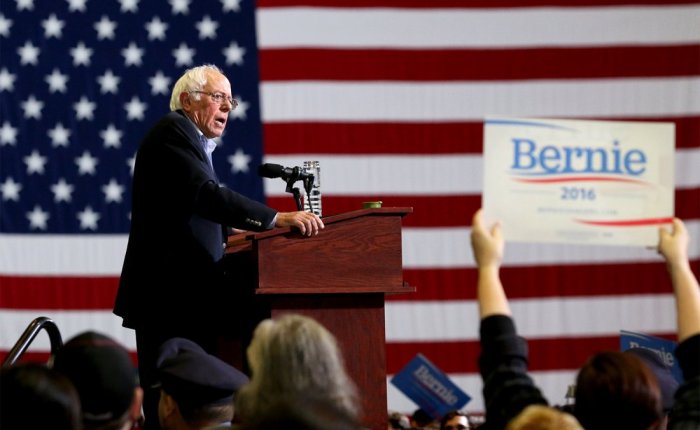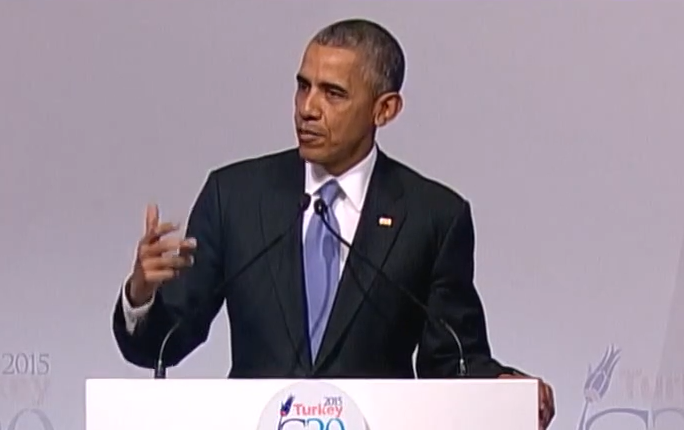Donald Trump appears to have wrapped up the Republican US presidential nomination in stunning fashion. Could he go on to defeat an unpopular Hilary Clinton in the US presidential election and if he suceeded, could he actually make a good US president?
- Trump believes in American exceptionalism.
- Trump is tough, unafraid to flex America’s muscles, and has the backbone America needs to take on the evil growing around the world.
- Trump is an experienced and tough dealmaker.
- Trump is not politically correct; he’s not afraid to say what he believes and has ignited an honest debate.
- Trump demands high performance and will fire anyone that doesn’t meet his high standards.
– Scott Borse, Breitbart
Donald Trump does clearly have talent. It is no mean feat to go from rank outsider, to taking on almost all the mainstream media and the Republican party establishment and coming out as the victor. Whether you like it or not his views attract a huge following.
However, just as Barack Obama has struggled to get through his reforms in office, this task could potentially be far greater for Trump, given how divides opinion so much.
For all his rhetoric, a President Trump would, like all other occupants of the Oval Office, find himself constrained by the Constitution, judiciary and Congress. Even if the Republicans do retain control of the House and Senate, many members of Congress are already voicing their opposition. And if a Trump presidency proves as contentious as many expect, it could easily deliver the Democrats control of Congress in 2018.- Peter Apps, Reuters
But restraint on Trump could be a positive. He certainly appeals to blue collar workers, but there is considerable doubt whether his policies would actually benefit them.
An estimated 40 percent of Fortune 500 companies have been started by immigrants or their children. Among the most notable business leaders was Apple AAPL -1.16%’s co-founder and former CEO Steve Jobs, who was the son of a Syrian immigrant. Unlike Trump, Robert Herjavec, better known for his role as investor on “Shark Tank” experienced first-hand what it was like to go from “rags to riches.” Herjavec, who now has a net worth of $200 million – thanks to entrepreneurial investments and leadership – immigrated from Croatia. – Rohit Arora, Forbes
Certainly a badly managed immigration policy would do great harm to American businesses. This has invited satirical responses from some news outlets who think Trump’s policies are too short-sighted and gimmicky.
Good news laborers! You’re getting back your jobs! (Hopefully.)
This depends on who is reading this.
If you’re a laborer who used to work at motor factories, you would be rolling on the floor with joy. On the other hand, if you’re the manager or the CEO of the company, you’d be throwing your phone across the room by the time you finish reading this.
Companies want to make the same products for a low price. But to do that, companies have to have their factories where they can employ low-wage workers. And American wages are too high for them to afford. – Kaou Washino, Huffington Post
Although I have to admire Trump for what he has achieved, (winning the Republican nomination given the forces assembled aginst him is an incredible feat) I do not believe he would make a good president. Although I feel no enthusiam for Hillary Clinton, I feel she would be less of a loose cannon than Donald Trump. Hilary Clinton would be the lesser of two evils as President.
Image Credit: Gage Skidmore






